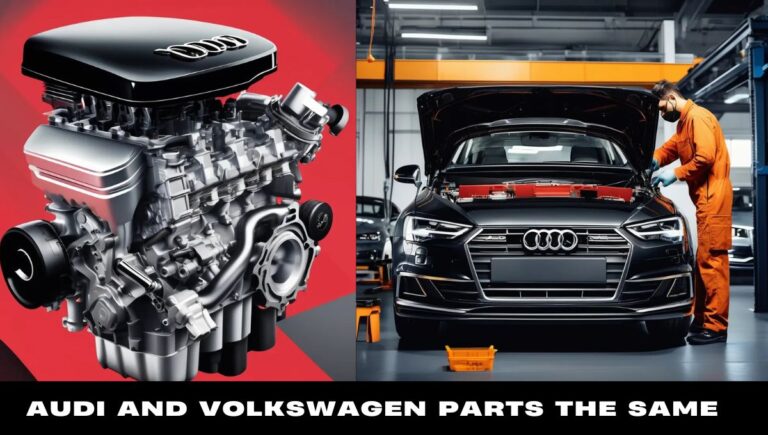When looking at the world of cars, the relationship between Audi and Volkswagen can seem complicated, especially when it comes to whether or not their parts are the same.
Given that both companies are part of the same parent company, the Volkswagen Group, it’s not unreasonable to wonder if Audi and Volkswagen vehicles share parts.
Audi and Volkswagen vehicles have unique design styles and sizes, so body panels, headlights, taillights, and interior parts can usually not be swapped between them.
In this article, we’ll explore the similarities and differences between the two brands and clear up some common misconceptions. To learn more about Audi, begin exploring Carsdensity for detailed information.
Table of Contents:
Are Audi and Volkswagen Spare Parts Interchangeable?
Maintaining your vehicle can become expensive, particularly for premium brands like Audi and Volkswagen. Since both brands are part of the Volkswagen Group, many wonder whether their parts are interchangeable.
This is a common question among car enthusiasts and everyday drivers. Let’s examine whether parts from these two major brands can be swapped without sacrificing quality or safety.
The Relationship Between Audi and Volkswagen:
Audi is a subsidiary of the Volkswagen Group, and the two brands share many technologies, platforms, and components. This close connection means several internal parts are often similar or even the same, particularly those not visible.
For instance, some engines, transmissions, and electronic systems are shared between different models from both brands.
Read Also: How To Get Audi Key Code? – Detail Guide!
Compatibility of Mechanical Parts:
Audi and Volkswagen models are somewhat compatible, especially with mechanical parts like engines, transmissions, and suspension systems. However, the 2.0 TFSI engine, for example, is used in the Audi A4 and the Volkswagen Golf GTI, with slight variations.
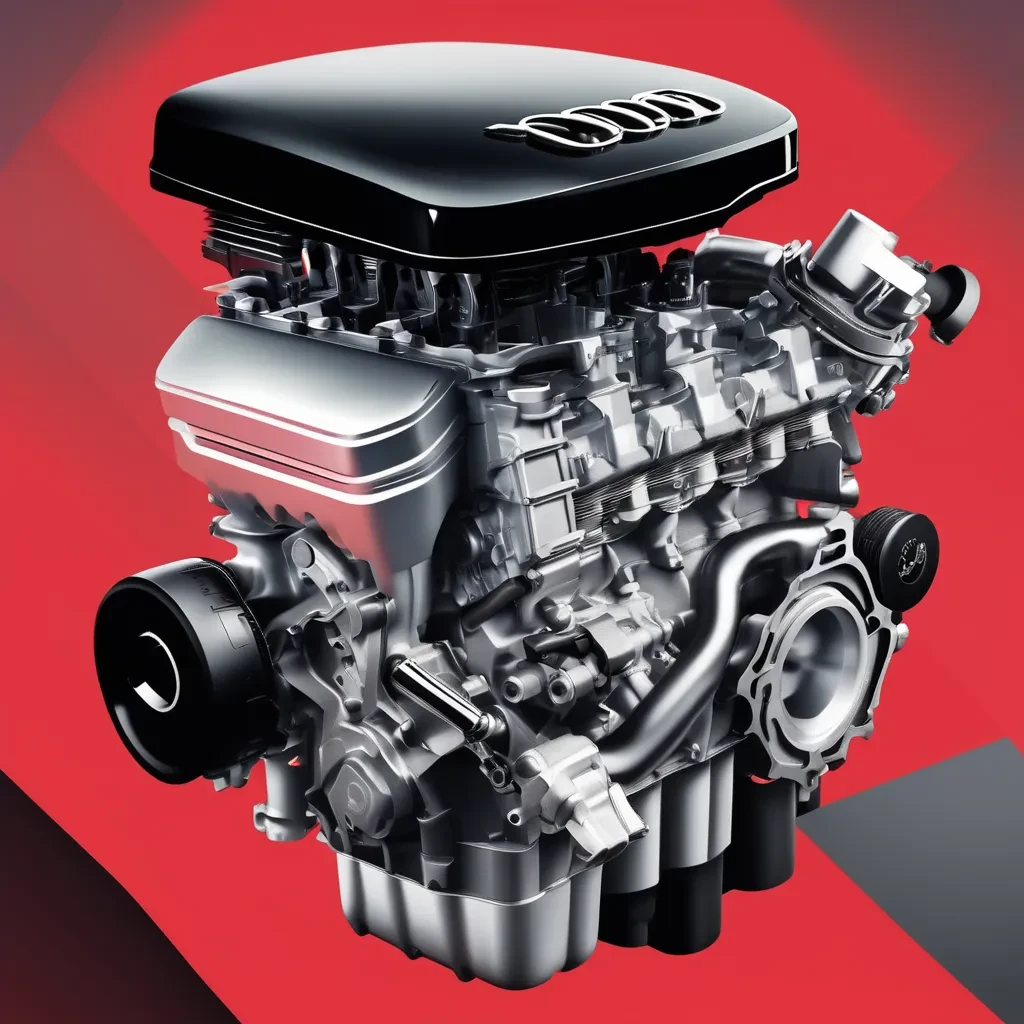
However, while crucial parts might be the same, the surrounding components and configurations may vary, making direct swaps more complicated. Before proceeding, it’s essential to check part numbers and get advice from a knowledgeable technician or parts expert.
Body and Interior Parts:
Unlike mechanical parts, body and interior parts from Audi and Volkswagen are typically not interchangeable. The vehicles have distinct designs and dimensions, meaning body panels, headlights, taillights, and interior components usually can’t be swapped.
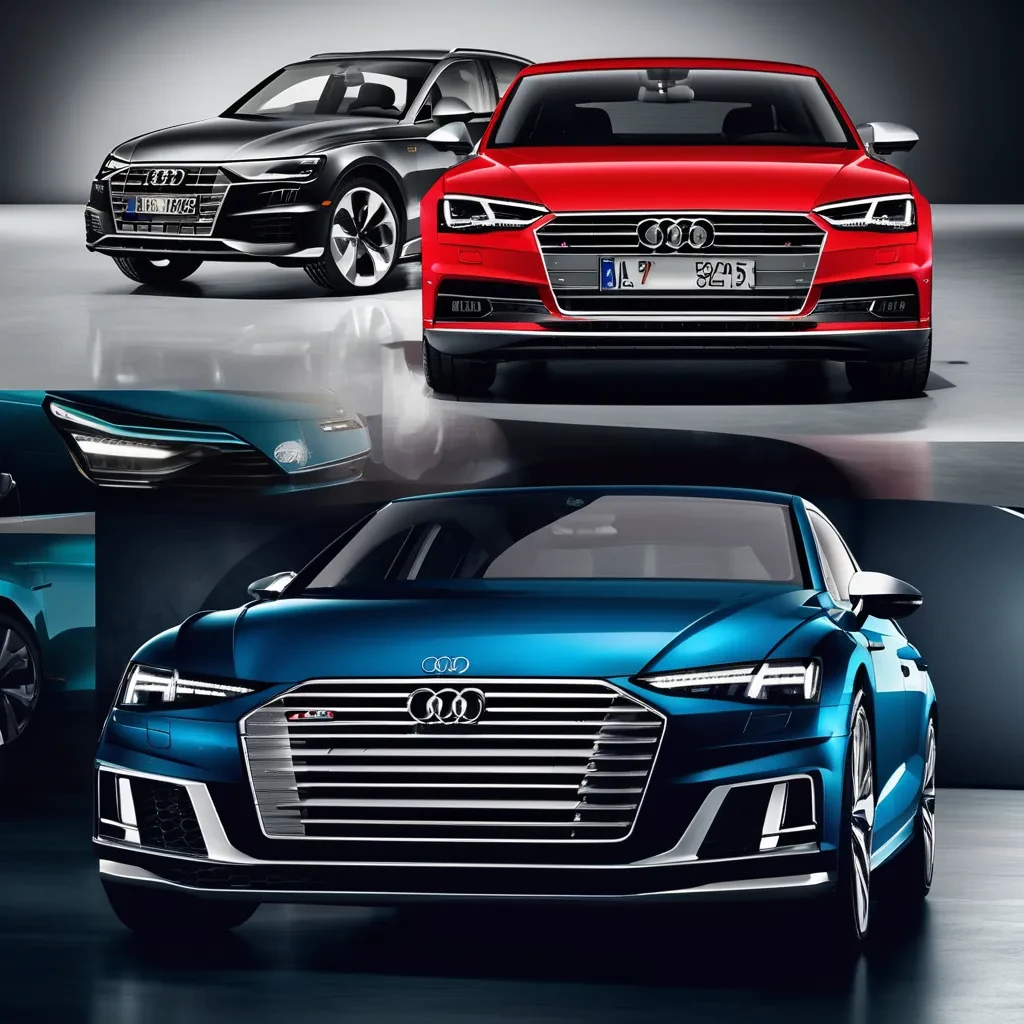
Even if parts look alike, subtle design differences, mounting points, and fitment issues could arise. For example, the design and materials of the dashboard in an Audi A3 differ significantly from those in a Volkswagen Jetta, even though both vehicles share the same platform.
Read Also: Why Do Audis Not Have Remote Start? – Everything You Need To Know!
The Role of OEM and Aftermarket Parts
Audi and Volkswagen use Original Equipment Manufacturer (OEM) parts to maintain quality and compatibility. When considering parts interchangeability, using OEM parts shared by both brands may be a feasible option.
However, aftermarket parts made by third-party companies add another layer of complexity. While some aftermarket parts are designed to fit multiple brands, the quality and fitment can vary greatly. Researching and choosing reputable aftermarket brands is essential to ensure performance and reliability.
Benefits and Risks of Interchanging Parts:
Swapping parts between Audi and Volkswagen can have several advantages, such as cost savings and greater availability. Volkswagen parts are often cheaper than Audi parts, which can appeal to those looking to cut costs.
Additionally, Volkswagen parts might be easier to find, reducing the time spent waiting for repairs.
However, there are risks. Parts that don’t match correctly can cause mechanical problems, compromise safety, or void warranties. Using parts not specified for your vehicle may also impact performance and fuel efficiency.
Weigh the potential benefits against these risks, and always consult a professional before making any decisions about part swaps.
Consulting with Professionals:
Due to the complexities involved in part interchangeability, it’s best to consult with professionals. Technicians experienced with Audi and Volkswagen can offer helpful advice and ensure any part replacements are done correctly.
Read Also: Audi S4 Gearbox Malfunction You Can Continue Driving – Complete Guide!
Are Audi and Volkswagen Parts the Same?
If you’re searching for parts for Audi or Volkswagen, you might wonder if the parts are the same. Since the same company, VAG produces both brands, it’s reasonable to think they would share similar parts.
The short answer is yes, many parts used in both Volkswagen and Audi vehicles are indeed the same.
This is often true for mechanical parts and smaller electronic components, such as window switches and buttons.
Read Also: Audi q7 years to avoid – Don’t take risks!
Which Parts Do Audi and VW Not Share?
Regarding parts that aren’t shared, model-specific components like body panels, exterior lights, and glass are typically unique to each model.
Interior components also tend to differ, with seats, door panels, and dashboards usually designed for each car.
Common Interchangeable Parts
Some essential parts that are often interchangeable between Audi and Volkswagen vehicles include:
- Engines: Especially 4-cylinder engines, which are frequently used across different models. So, if you’re looking for engine replacement or swaps, you may have more options than expected.
- Transmissions: In many front-wheel-drive models, the same transmission can be found across both brands, making it easier to repair or replace.
- Suspension & Brakes: Many suspension and brake components are identical, particularly in the lower-tier models, allowing for part swapping between Audi and Volkswagen.
- Electronics: Many electronic systems are shared across the two brands and can be interchanged. However, certain model-specific electronics exist, so always check for compatibility.
It’s also worth mentioning that identical parts often have the same part numbers, making them easier to locate.
Read Also: Audi Drive Select For Snow – Optimizing Performance in Winter Conditions!
Differences in Volkswagen and Audi Parts
While many parts are shared between the brands, there are significant differences.
Audi and Volkswagen have unique characteristics, from model-specific parts like bodywork and lights to specialized engines.
Parts Specific to Each Brand:
Both brands have distinct parts, such as body panels, lights, and interior fittings, designed solely for each brand. These parts highlight their unique features and aren’t meant to be swapped. So, it’s essential to look for parts specific to your model when searching for replacements.
High-Performance Models:
High-performance models, such as the Golf R and Audi RS 3, have unique engines and components that aren’t interchangeable with other models. These parts are specifically engineered for these high-end versions and can’t be swapped with parts from other vehicles.
Read Also: Audi Turns Off When Parked – Detail Guide!
Interior and Exterior Parts: What’s Different?
Here, you’ll see more significant differences between Audi and Volkswagen. While some switches, buttons, and even infotainment systems may be shared, the overall design language and materials differ.
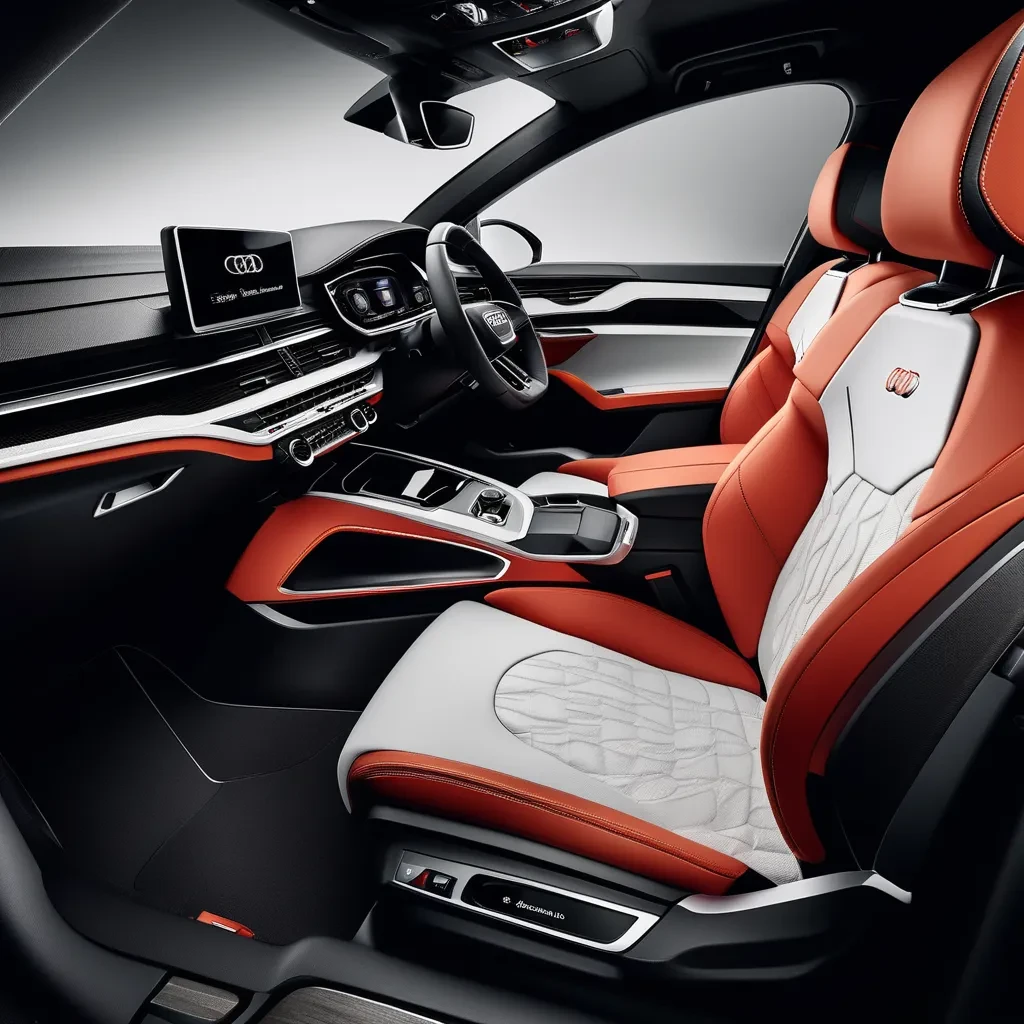
Audi, as a premium brand, focuses on offering higher-quality materials. You’ll notice more use of leather, aluminum, and soft-touch plastics in Audi interiors compared to Volkswagen’s more budget-conscious materials. This is where Audi shines as a luxury brand.
Lighting Systems:
Headlights and taillights are also areas where Audi and Volkswagen may share some basic designs but differ significantly in terms of technology and execution.
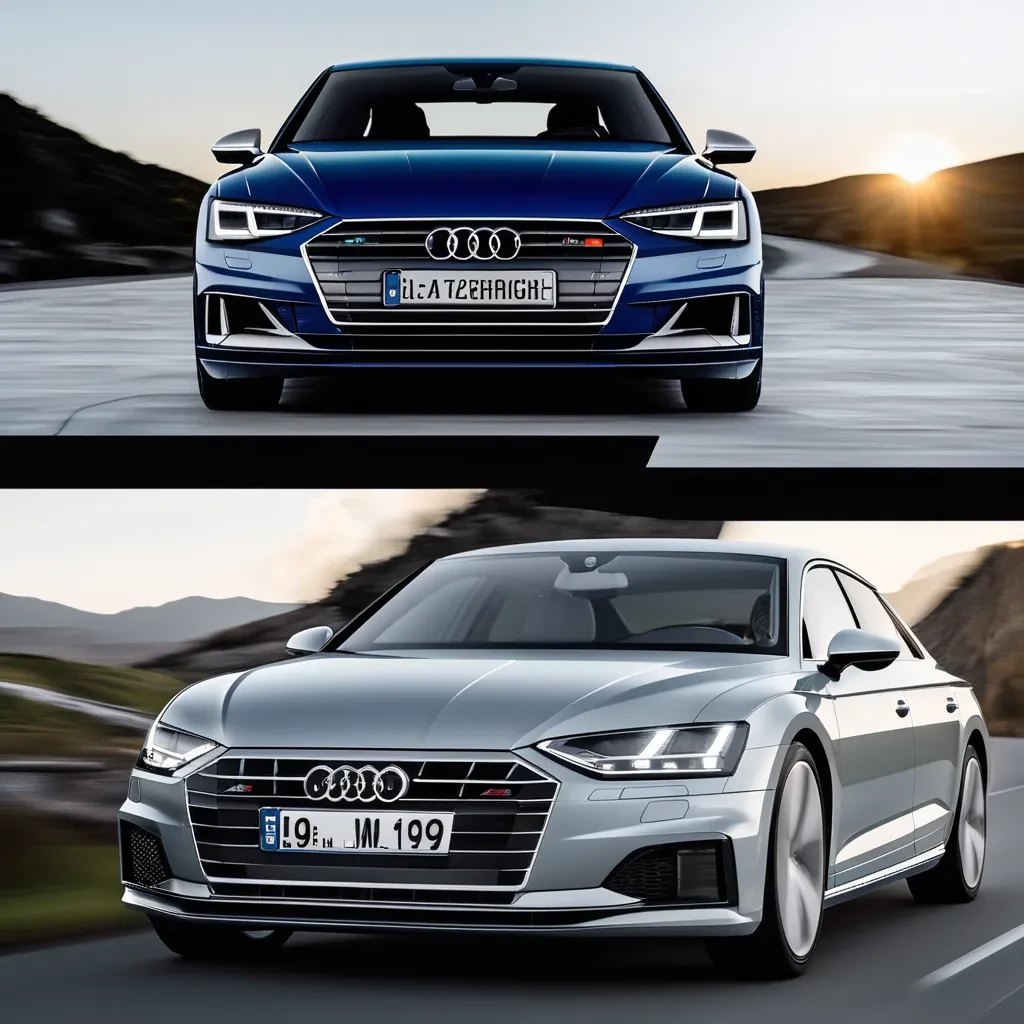
Audi is known for its advanced lighting systems, such as Matrix LED and laser lights, which are often absent in Volkswagen models. So, while the basic headlight unit may look similar, Audi’s versions typically have more advanced features.
Read Also: Audi A4 Rattle When Accelerating – Causes, Diagnosis, and Solutions!
Cost of Parts and Maintenance
One key difference between Audi and Volkswagen is the cost of parts and maintenance. Audi parts are generally more expensive, even though some may be shared with Volkswagen.
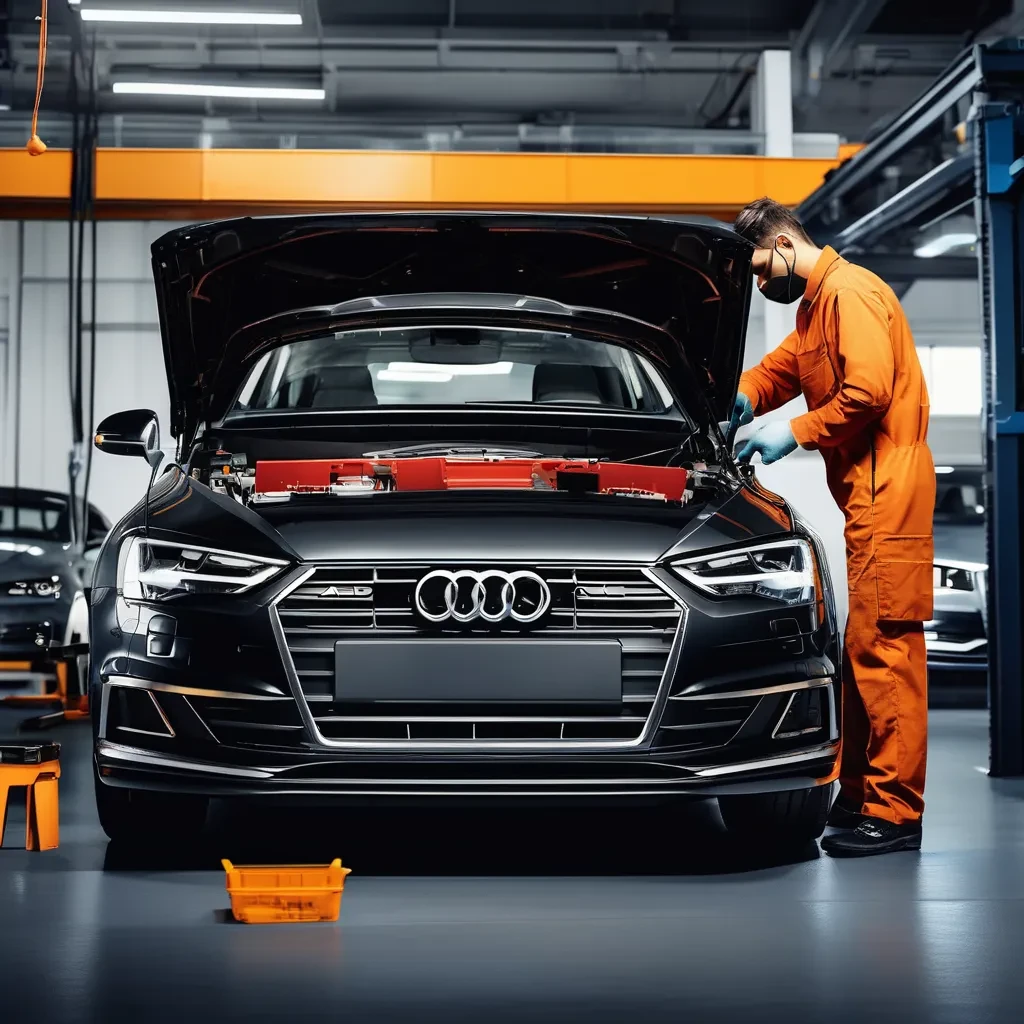
This price difference can be attributed to Audi’s use of higher-end materials and its positioning as a luxury brand. Additionally, labor costs for repairing an Audi can be higher due to the brand’s more intricate design and engineering.
Frequently Asked Questions:
Is it cheaper to repair a Volkswagen than an Audi?
Yes, generally. Volkswagen’s parts and labor tend to be cheaper than Audi’s due to the Audi brand’s premium positioning.
Do Audi and Volkswagen share the same engines?
Yes, many Audi and Volkswagen models share engines, especially in the lower and mid-range models. However, Audi often tunes these engines for higher performance.
Why do Audi parts cost more than Volkswagen parts?
Audi parts are more expensive due to higher-quality materials, more advanced technologies, and the brand’s luxury positioning.
Can I use Volkswagen parts in my Audi?
Yes, in certain situations, but it’s not always advisable. Audi parts are designed to meet higher standards, and using Volkswagen parts may affect performance and durability.
Conclusion:
At the end of the conclusion,
The answer is both yes and no. While the two brands share many foundational components, such as platforms, engines, and transmissions, how these parts are tuned, designed, and executed differs significantly.
Audi focuses on delivering a more luxurious and performance-oriented experience, which is reflected in the higher quality of its materials, technology, and even its parts’ pricing.

